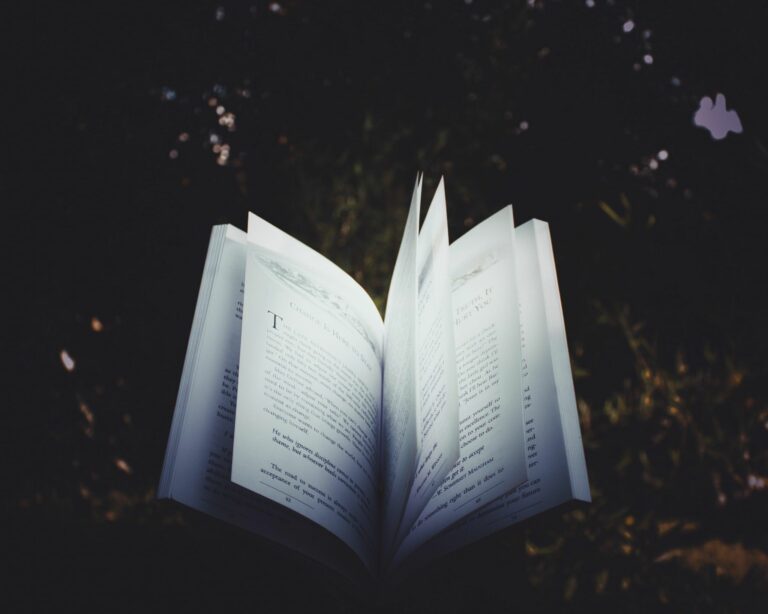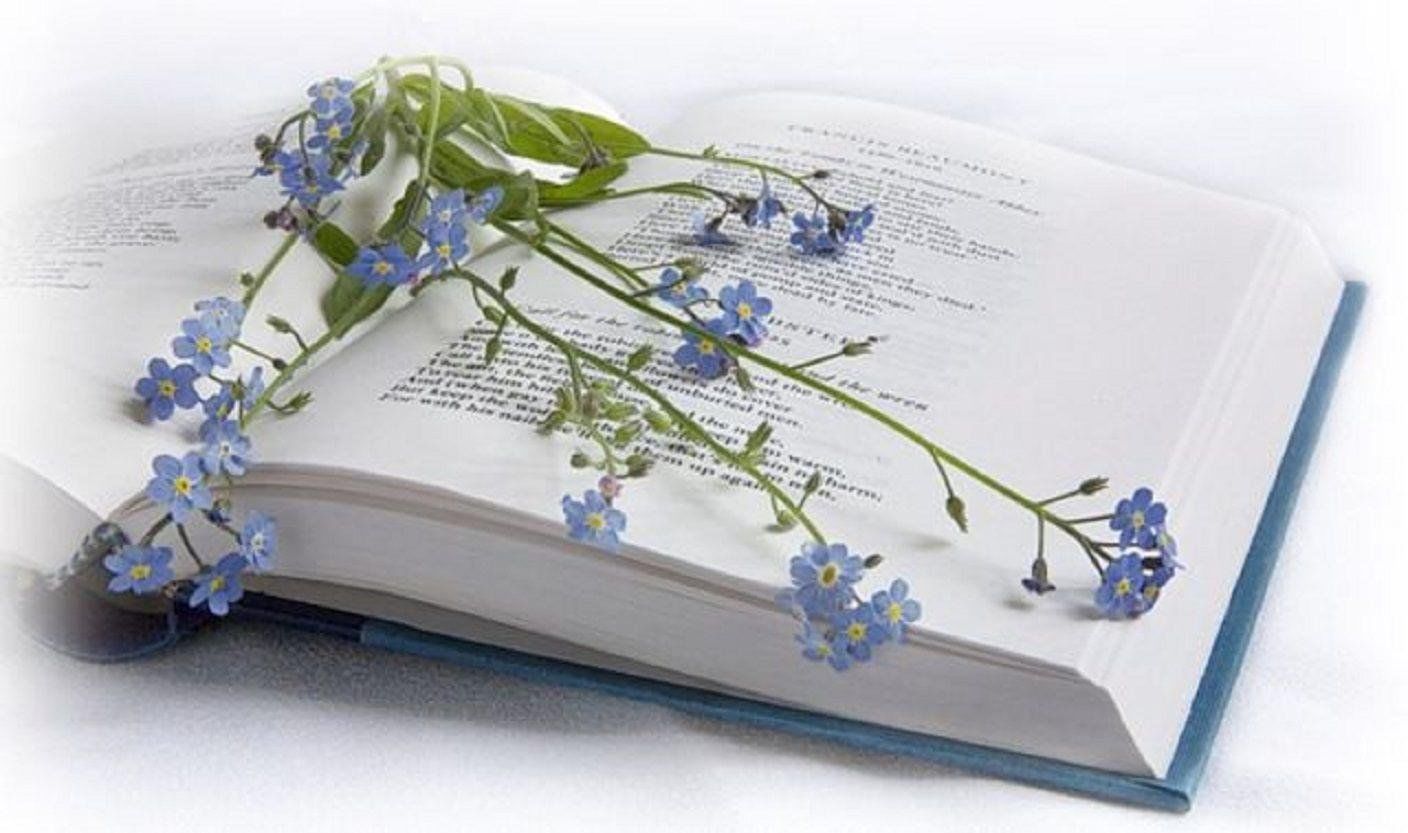Meaning
Gaelic Origins
Aisling is a name of Irish Gaelic origin, meaning “dream” or “vision.” It holds deep cultural significance in Ireland, reflecting the importance placed on dreams as messages from the otherworld and sources of inspiration.
The name’s roots lie in the ancient Irish word “aisling,” which encompasses both the literal sense of a dream and its metaphorical meaning of a prophetic vision or an idealized future.
Throughout Irish mythology and folklore, aislings often played a crucial role, conveying divine messages, revealing hidden truths, or foretelling significant events.
Aisling’s popularity has surged in recent years, both within Ireland and internationally, as parents seek names that are unique, meaningful, and connected to nature and spirituality.
Feminine Symbolism
Meaning delves into the heart of a concept or entity, seeking to understand its essence and purpose. In the realm of language, meaning is constructed through a complex interplay of words, their relationships, and the cultural contexts in which they are used.
Feminine symbolism, deeply ingrained in human cultures, manifests in diverse ways across languages. It encompasses archetypes, imagery, and linguistic structures that convey qualities often associated with femininity: nurturing, creativity, intuition, emotionality, and connection.
English, like many languages, harbors a rich tapestry of feminine symbolism woven into its lexicon. This symbolism can be traced back to ancient roots, influenced by mythology, folklore, and societal norms.
Words like “mother,” “sister,” “daughter,” and “wife” carry inherent feminine connotations, reflecting traditional roles and familial structures. They evoke images of caregiving, protection, and the cyclical nature of life.
Nature imagery frequently embodies feminine symbolism. Words such as “flower,” “moon,” “river,” and “earth” suggest qualities of grace, receptivity, fluidity, and interconnectedness—attributes often associated with feminine energy.
Figurative language further enriches feminine symbolism in English. Metaphors and similes draw parallels between women and natural phenomena, artistic creations, or abstract concepts. For example, comparing a woman’s voice to “music” or her beauty to “a blooming rose” imbues her with qualities of artistry, sensuality, and ethereal charm.
Over time, the landscape of feminine symbolism in English has evolved. While traditional associations persist, contemporary language increasingly embraces diverse representations of womanhood.
Feminist movements have challenged rigid gender stereotypes, leading to a broader spectrum of words and expressions that empower women and acknowledge their multifaceted identities.
History
Literary Portrayals
“Aisling” is an Irish word that means “dream” or “vision.” It carries deep cultural and mythological significance in Ireland, rooted in ancient Celtic traditions.
The origin of the name can be traced back to the Irish language, specifically the word “aisling,” which appears in various forms in ancient Irish literature.
In early Irish mythology, “aisling” referred to a prophetic dream or vision, often associated with fairies or supernatural beings. These visions were believed to offer glimpses into the future or convey important messages from the Otherworld.
Throughout medieval Ireland, the concept of “aisling” became closely linked to the idea of Ireland’s destiny.
Many poets and writers used the term in their works to express their longing for a united and prosperous Ireland, often depicting the country as a beautiful woman in their dreams or visions.
This literary tradition culminated in the 18th century with the emergence of the “Aisling poems,” a distinct genre of Irish poetry that focused on these themes.
The most famous example is perhaps “The Lament for Ireland,” by Brian Merriman, which depicts Ireland as a beautiful woman tormented by oppression and longing for freedom.
The popularity of the name “Aisling” outside of Ireland likely stems from this romantic association with Ireland’s cultural heritage and its evocative connection to dreams, visions, and longing for a better future.
Over time, “Aisling” has evolved from its ancient roots in mythology and literature into a cherished given name that embodies the beauty, mystery, and enduring spirit of Irish culture.
Aisling as a Given Name
Aisling (pronounced ASH-ling) is a captivating Irish name steeped in rich mythology and folklore.
Its meaning is deeply connected to the concept of “dream” or “vision.” In Irish Gaelic, aisling translates directly to “dream,” often referring to a prophetic dream or an inspiring vision.
The name carries significant cultural weight within Ireland, reflecting its deep reverence for dreams as messengers from the Otherworld and sources of divine guidance.
Within Irish mythology, aisling often appeared in poetic and literary contexts, embodying the ethereal beauty and mystical power associated with dreams and visions.
Aisling’s history can be traced back centuries, where it existed primarily within oral traditions and Gaelic literature. Its popularity surged during the 19th century Irish Literary Revival, a period of renewed interest in Irish language, culture, and heritage.
During this era, writers and poets embraced Aisling as a symbol of Ireland’s national identity, romanticizing its connection to dreams, visions, and the mystical aspects of the land.
The name’s appeal transcended linguistic boundaries, captivating English speakers with its lyrical sound and evocative meaning.
Today, Aisling is celebrated as a timeless and elegant name, resonating with those who appreciate its literary history and its connection to the power and beauty of dreams.
Cultural Significance
Modern Interpretations
Aisling, an ethereal Irish name, carries profound cultural significance steeped in folklore and mythology. Its meaning, “dream” or “vision,” resonates with the ancient Celtic belief in the power of dreams as a conduit to the Otherworld, a realm inhabited by fairies and supernatural beings.
In traditional Irish storytelling, aislings often appeared as prophetic visions, offering glimpses into the future or revealing hidden truths. These dreamlike encounters were believed to hold immense spiritual significance, guiding individuals on their life’s journey. The name Aisling embodies this ethereal connection to dreams, representing not just a fleeting slumber but a profound encounter with the mystical and unseen.
The cultural importance of Aisling is further enhanced by its association with the mythical Tuatha Dé Danann, a race of supernatural beings revered in Irish mythology. They were believed to possess extraordinary wisdom and magic, often appearing in dreams or visions to bestow blessings or guidance upon mortals.
The name Aisling has experienced a resurgence in popularity in recent times, particularly within Celtic revival movements. Its captivating beauty and rich cultural tapestry have attracted parents seeking a unique and meaningful name for their children.
Modern interpretations of Aisling often emphasize its connection to creativity and imagination. The dreamlike quality associated with the name inspires artistic expression, encouraging individuals to embrace their inner visions and explore the realms of fantasy and possibility.
Influence in Art and Music
Aisling, a name steeped in Irish mythology and folklore, holds profound cultural significance for the Gaelic people. Its meaning, “dream” or “vision,” evokes a sense of ethereal beauty and mystical connection to the Otherworld, a realm of supernatural beings and enchanted landscapes central to Irish tradition.
In ancient Celtic belief, aislings were believed to be prophetic dreams or visions sent by fairies or spirits. These dreams often foretold future events or offered glimpses into hidden truths. Aisling became a potent symbol of inspiration, creativity, and the power of imagination in both literature and art.
The name’s influence is particularly evident in Irish poetry, where it was frequently used to personify beauty, grace, and otherworldly enchantment. Many celebrated love poems and ballads feature aislings as ethereal beings who embody the unattainable ideal of romantic love. The literary tradition continued through the centuries, with prominent figures like William Butler Yeats weaving aisling imagery into their works, further cementing the name’s connection to Irish identity and artistic expression.
Music also bears testament to the cultural weight of Aisling. Traditional Irish ballads often explore themes of longing, love, and the mysteries of fate, with aisling figures frequently appearing as symbols of hope and solace. The melancholic melodies and haunting lyrics associated with these songs evoke the ethereal qualities of the name itself.
Today, Aisling remains a cherished name in Ireland and beyond, carrying with it the weight of centuries-old tradition. It represents not only a beautiful dream or vision but also a connection to Ireland’s rich cultural heritage, its enduring spirit, and the enduring power of storytelling.
- Meaning, Origin And History Of The Name Ginka - April 27, 2025
- Best Leadzai Alternatives for 2025 - April 25, 2025
- Best GetProspect Alternatives for 2025 - April 25, 2025


